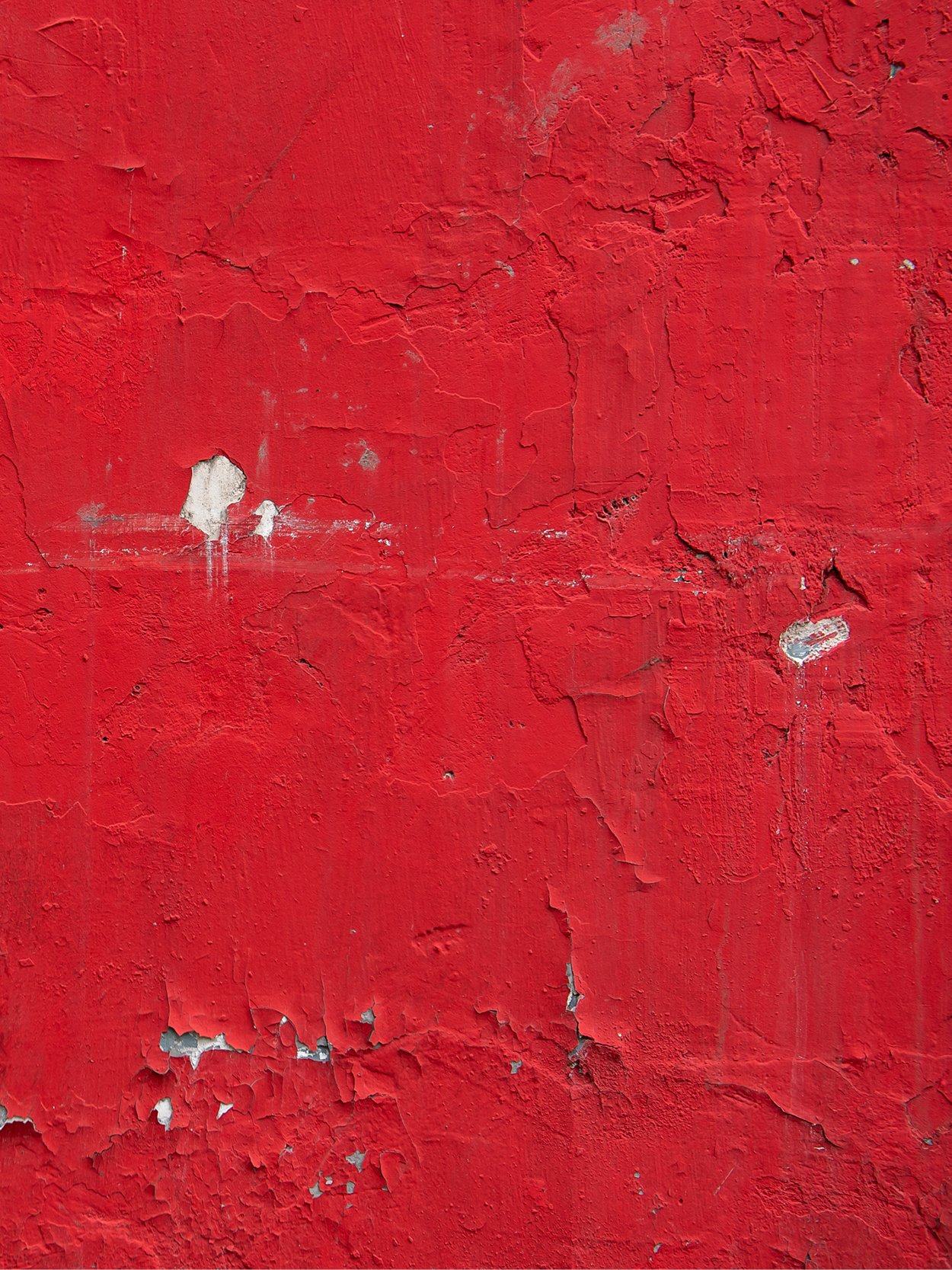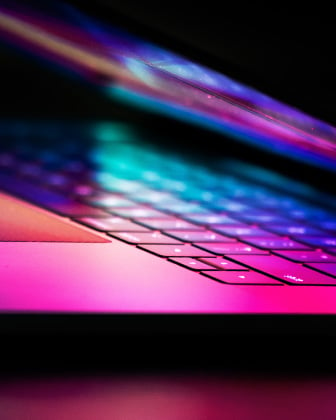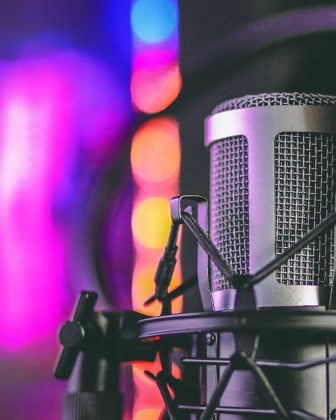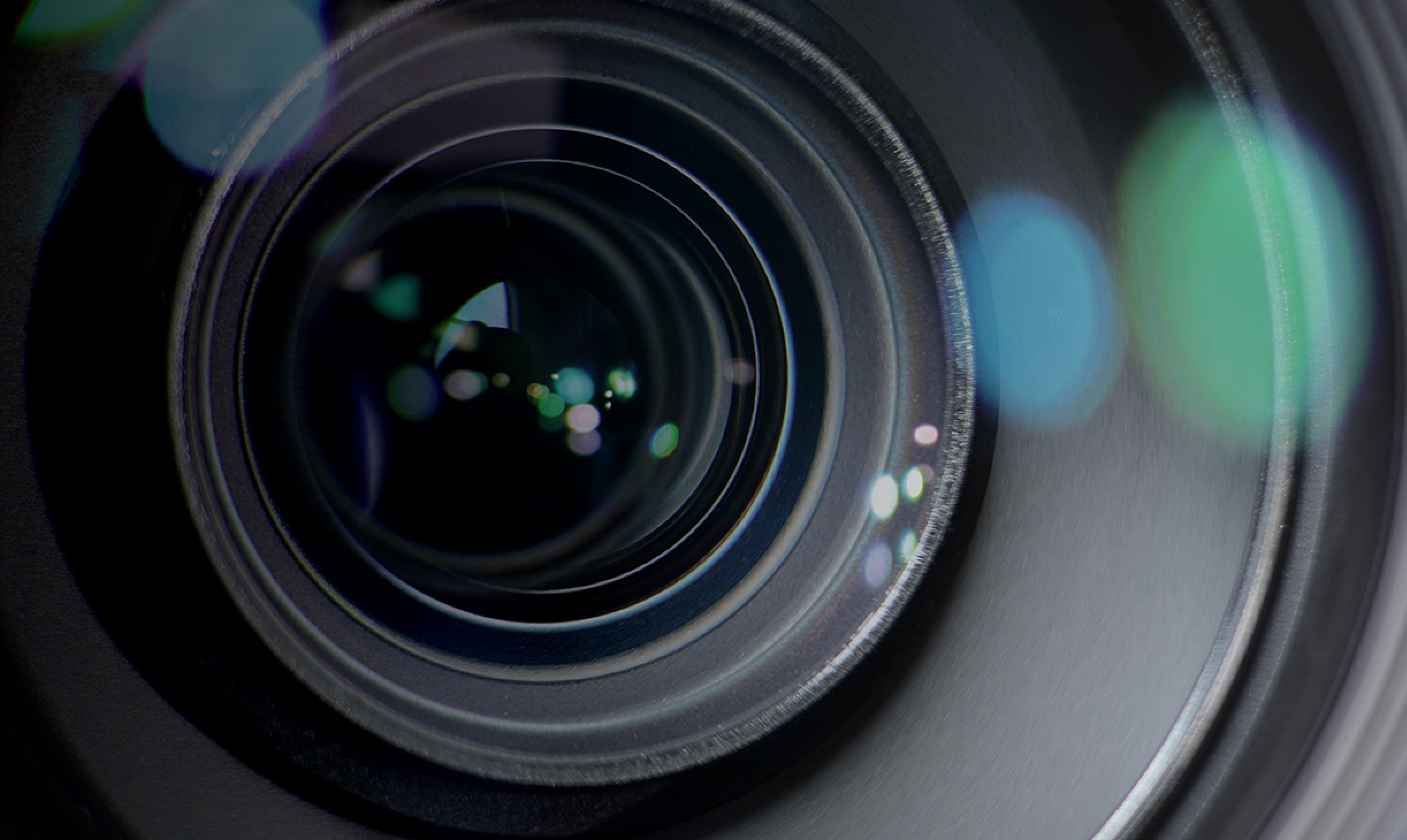Skip to main content
Featured Topics
Featured Insights
- Important Changes to New York City’s Leave Laws
- DOJ Pursues DEI Investigations of Federal Contractors
- Administration Policies on Advanced AI Chips Codified, with Reverberations Across AI Ecosystem
- OFAC Issues New General License Authorizing Established US Companies to Engage in Trade of Venezuelan Oil and Related Activities
- View Our Insights
- Publications
- Events
- Resource Centers
- Podcasts
- Videos
- View All
- Antitrust & Competition
- Banking & Finance
- Capital Markets
- Corporate & Securities
- Cybersecurity & Data Privacy
- Financial Services
- Global Investigations & White Collar Defense
- International Arbitration
- International Trade
- Lending
- Litigation & Dispute Resolution
- Mergers & Acquisitions
- Private Credit
Featured Topics
Featured Insights
- Important Changes to New York City’s Leave Laws
- DOJ Pursues DEI Investigations of Federal Contractors
- Administration Policies on Advanced AI Chips Codified, with Reverberations Across AI Ecosystem
- OFAC Issues New General License Authorizing Established US Companies to Engage in Trade of Venezuelan Oil and Related Activities
- View Our Insights
- Publications
- Events
- Resource Centers
- Podcasts
- Videos
- View All












